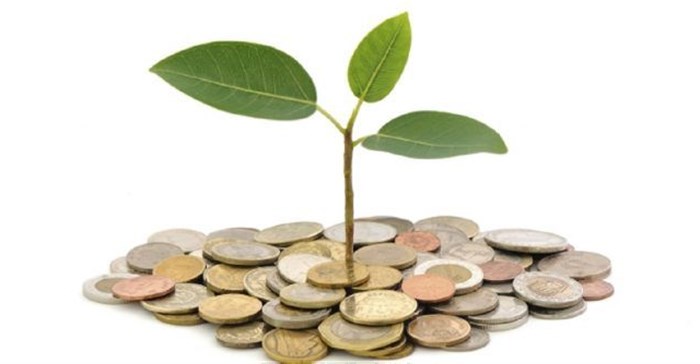
Top stories






More news








Logistics & Transport
Uganda plans new rail link to Tanzania for mineral export boost











“Issuing a green bond can help companies to strengthen their credentials as sustainable and responsible organisations. At the same time, they also allow investors to mitigate the effects of climate risk as a part of their investment portfolio, while these bonds also satisfy environment, social and governance (ESG) requirements and green investment mandates,” says Donna Nemer, director of capital markets at the JSE.
She says emerging markets are especially vulnerable to the impact of climate change. “The JSE views combatting this problem as imperative to building a climate resistant future for the African continent in securing future jobs and investments. Globally, we are still very far away from realising the level of investment necessary to prevent global temperatures from rising further. Green bonds can play an important role in addressing this shortfall.”
The global market for green bonds is currently valued at around $895bn and year-on-year issuance has doubled in size annually over the past two years. “The JSE believes its well-regulated, liquid and transparent platform can provide a home for true green securities,” says Nemer.
The bourse has aligned its listing requirements with international best practice, but kept it in context of the South African economy to include specific rules pertaining to green bonds. This includes that institutions which issue a green bond appoint an independent reviewer to confirm that the bond can be classified as green according accepted industry standards.
The JSE also requires the proceeds generated from the bonds are declared, and also how these funds are used throughout the lifetime of the bond. So that investors know that the capital raised is in fact going to the green projects for which the issuer raised the bond.